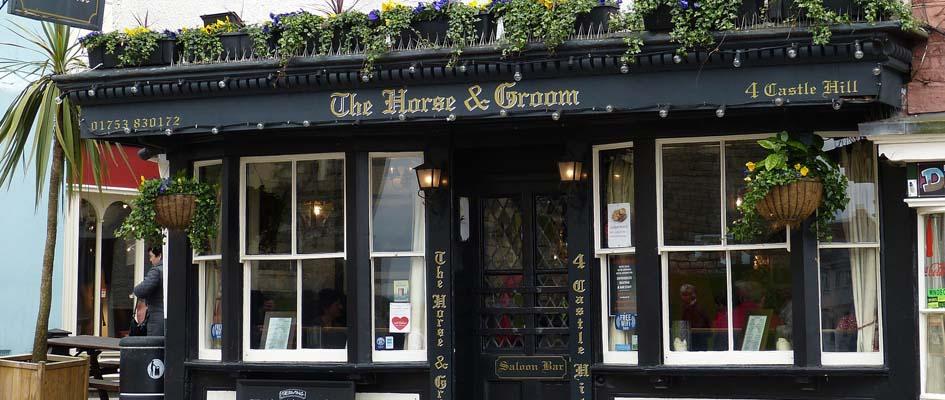For the third and final part of our series looking at how you might go about buying a pub, we will be exploring arguably the most crucial aspect of the whole process: making sure that your business keeps running and remains profitable.
Once you've found the business opportunity of your dreams and made sure that you will be operating somewhere where customers will keep coming to you, there are a few steps you should take to make sure everything is ready to go before pouring your first pint.
A license to spill
One thing that can be overlooked by new pub owners is the sticky issue of a license, which you will need in order to sell alcohol for public consumption.
As of the UK licensing act of 2003, you need a personal license to sell alcohol (rather than your business needing one) which you can get after attending a training course for a day, at least in England and Wales. Scottish licensing laws are different and governed by the Scottish Licensing Act of 2005 and the preparation needed may change accordingly.
The end test, though, is the same for either: a 40-question multiple choice exam based on the relevant legislation. So get studying!
In addition, pubs in any part of the UK need to obtain a premises license from the relevant local authority. This requires you appoint someone called a “designated premises supervisor” (DPS) who already holds a personal license who takes on indirect responsibility for you.
You will also need to be over the age of 18, and to send your personal details, a detailed plan of the premises and an operating schedule to the relevant body, as well as a fee of anywhere between £100 and £1950 depending on the rateable value of your business premises.
For 28 days after you apply, you must put up notice of your applications in the pub itself. Once issued, however, the license generally has an unlimited duration, although you may be required to pay an annual fee.
Other relevant studies or courses might include food hygiene qualifications, health and safety training or even customer service courses.
Best laid plans
One thing you will need before applying for a license is thorough understanding of how your pub will run. Forming a business plan is one of the best ways of doing it and, as we explored in the last blog, requires a great deal of preparation.
First on the list is checking the pub’s accounts to see how the business has performed recently, ideally over at least the past three years. Adjust these figures to reflect any lost opportunities, inefficiencies or similar and try as much as possible to model for the future performance of the business.
Taking note of the area’s local economy, openings or closures of other similar businesses and chatting to the pub’s former licensee are all good steps to take to gain a better understanding. A knowledge of how your wet/dry mix – i.e. the ratio of food and drink that makes up your sales – is also valuable.
You could also speak to any permanent staff who are staying on or who you are on good terms with, and make sure they too are factored into your business plan. Though you might physically be able to do the extra work, you are legally not allowed to and emotionally unlikely to survive. Long-term staff members are always an asset to your business and, in the pub trade, can be the difference between success and failure.
From this point, budgeting is an easier task. Make sure to include any capital you need to put into the business alongside its raw purchase price. The condition of the pub’s premises, as well as responsibilities for upkeep and repairs, should also be examined.
Armed with this financial information, you can then draw up a profit and loss statement for your projected business to ensure that you will have an adequate return on your investment.
[b]Kicking off
From here, everything should be in place to ensure your success as a newly-minted publican. The profits you bring in will depend on so many factors but, in general, will be defined by the “trade mix” of your business.
On average, pubs can expect to bring in 47% gross profit and 22.5% net profit if drink accounts for the majority of your sales. If food is your mainstay instead, this rises to 63% gross profit and 25% net profit but, again, will also depend on your customers.
Experts are available to give advice at every step of this journey – accountants, consultant, surveyors or even lawyers – to help make sure you are making the right decisions on your pub journey.
Otherwise, all that’s left to say is “cheers!” to your new business!


